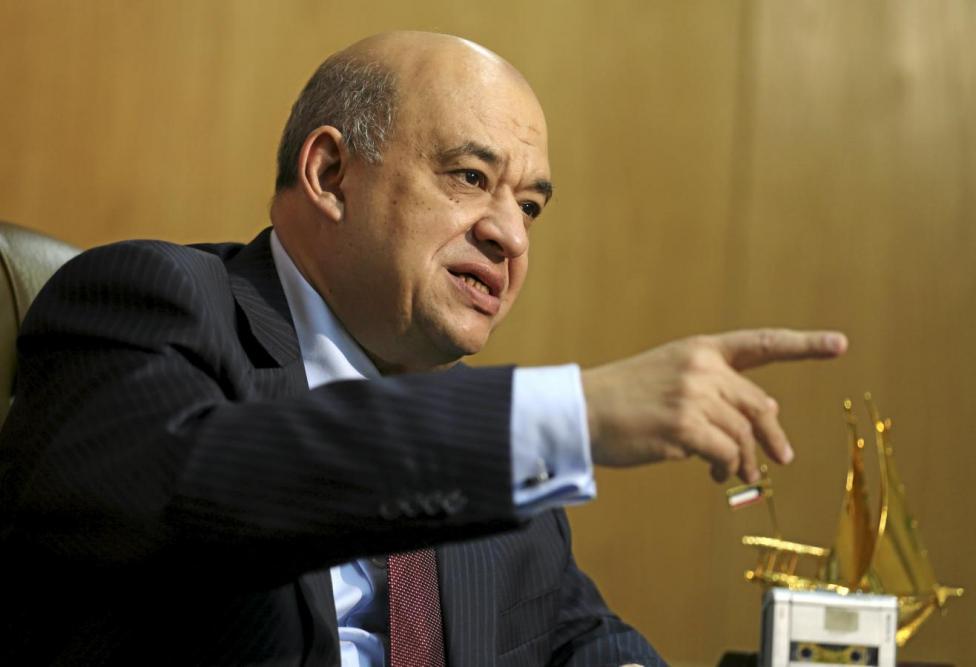Cairo- “Securing an International Monetary Fund (IMF) funding deal would be credit positive for Egypt, but implementation risks are high and the country will continue to face several economic challenges”, Fitch Ratings says.
President Abdel Fattah al-Sisi warned Egyptians on Monday that tough measures would be needed to turn the country’s ailing economy around, as the government negotiates a USD12 billion loan program with the International Monetary Fund.
“The problem is whether public opinion is prepared to accept the measures which could be tough or harsh,” he said. “Egyptians love their country and are able to face hardship but they are too busy with their daily lives and thus must be afforded the correct information regarding the measures.”
The government has actually launched an economic reformation plan to be completed by 2018 and it majorly consists of restructuring the energy support.
Egypt reduced oil subsidy in fiscal year 2015-2016 to EGP61 billion (USD6.9 billion) instead of EGP100 billion in fiscal year 2014-2015. Following this reduction, prices of natural gas, benzene and diesel increased up to 78%, noting that Egypt commenced in 2014-2015 a five-year plan to liberate the electricity prices gradually.
Annual inflation in Egypt reached 14.8% in June 2016, i.e. a high average compared with the regional and world countries or even the Egyptian inflation averages in past years.
Egypt is suffering as well an increase in budget deficit having an average of 12% during the past four years. The public debt and unemployment rate also rose EGP2.7 trillion and 13.4%, respectively.
